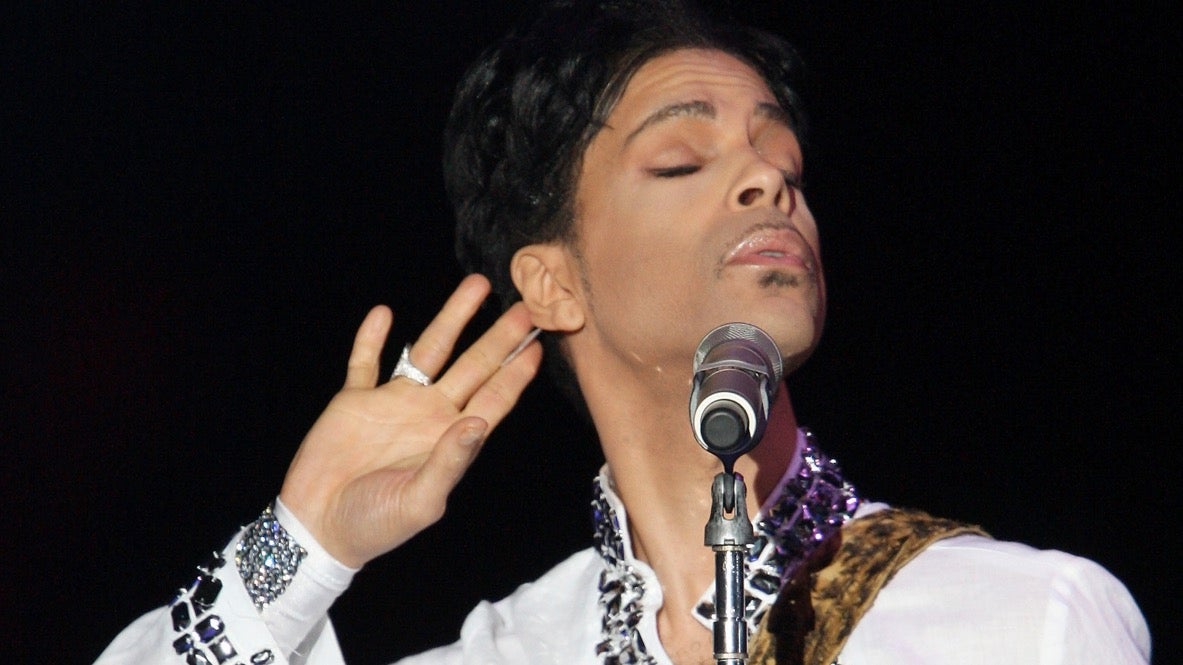Prince and his conflicted relationship with the internet
The artist who would not let his career be dictated by the internet

Throughout his four-decade reign as a funk, rock, and soul icon, Prince had a famously difficult relationship with the one thing almost every artist has been forced to embrace: the internet.
The provocative and pioneering singer did things his way from the beginning, until to the very end. At 18, he was one of few artists to have complete creative control over his music. His first manager could only watch in disbelief as Prince worked autonomously even at the beginning of his career, telling NPR “he was exhibiting the work ethic of a CEO of a Fortune 500 company”.
Early on, Prince released sexually explicit tracks that were sometimes deemed too obscene for airplay. So then he released some more.
In 2010, he issued the apocalyptic warning: “The internet's completely over." When the internet became the go-to place for listening and buying music, he pulled his tracks off Spotify. And good luck trying to find many of his videos on YouTube.
When iPhones dominated the smartphone market, he reacted with disgust when asked if he owned one. When a lucky few were invited to Paisley Park to watch the master perform in his natural habitat, there was one rule security would not compromise on: no mobile phones or cameras. Prince did, however, sit and scroll through his iPad midshow, jokingly asking the audience what they were looking at.
He briefly relented in 2014 by launching Facebook and Twitter accounts. Then he deleted both after scarcely posting on either. His second tweet became one of his most famous: “PRINCE’S SECOND TWEET.”
However, a verified Twitter account emerged later, with the simple but apt bio: ‘PIANO AND A MICROPHONE’. Of course, many of the tweets urged fans to purchase the physical product.
Yet he seemed to have reconciled his relationship with the internet within the last year of his life, signing up to Tidal and admitting he was glad of the internet's existence because of the way it can hold its subjects to account.
“See, everybody knows when somebody’s lazy, and now, with the internet, it’s impossible for a writer to be lazy because everybody will pick up on it,” he told The Guardian in 2015. “In the past, they said some stuff that was out of line, so I just didn’t have anything to do with them. Now it gets embarrassing to say something untrue, because you put it online and everyone knows about it, so it’s better to tell the truth.”
Join our commenting forum
Join thought-provoking conversations, follow other Independent readers and see their replies
Comments
Bookmark popover
Removed from bookmarks